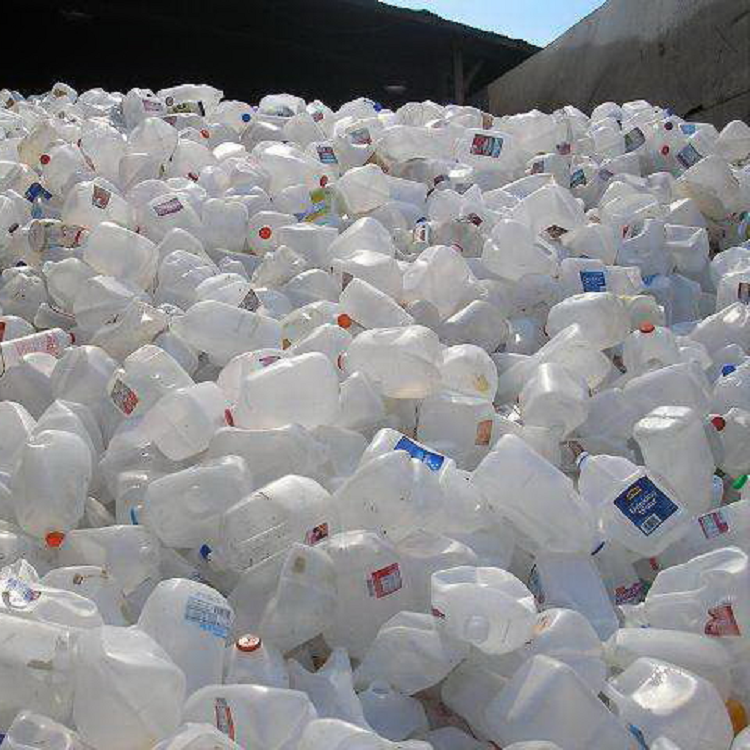
HDPE Milk Bottle Scrap
Product Name: HDPE Milk Bottle Scrap
Material Type: High-Density Polyethylene (HDPE)
Form: Cleaned, sorted, and processed bottles or flakes (depending on customer requirements)
Color: Natural white, transparent, or mixed (as per order specifications)
Origin: Germany
Purity: 98% – 100% HDPE content (minimal contamination)
Density: 0.94 g/cm³
Moisture Content: Less than 1%
Size: Typically baled or shredded into small flakes for easier processing
Contaminants: Free from foreign materials such as PVC, paper, or metals
Melting Point: 130°C – 135°C
Recyclability: 100% recyclable for use in manufacturing new HDPE products
Packaging: Baled, shredded, or in bulk (according to customer preferences)
Environmental Compliance: Processed in line with Germany’s strict recycling and environmental regulations
Certification: In compliance with international recycling and quality standards (FDA, EU, and REACH certified upon request)
Description
HDPE Milk Bottle Scrap consists of post-consumer High-Density Polyethylene (HDPE) milk bottles that have been collected, cleaned, and processed for recycling. HDPE is known for its strength, resistance to impact, and chemical stability. This scrap material is free from contaminants such as labels, caps, and other foreign substances, ensuring high purity for recycling. Sourced from Germany, this HDPE milk bottle scrap is processed according to stringent quality and environmental standards, making it ideal for reprocessing into new products like bottles, containers, and industrial materials.
Application:
HDPE Milk Bottle Scrap is widely used across various industries due to its durability, recyclability, and low environmental impact:
- Plastic Reprocessing: Recycled into new HDPE bottles, containers, and packaging materials for various industries.
- Construction Industry: Processed into durable plastic components like pipes, fittings, and drainage materials.
- Consumer Goods: Transformed into household products like crates, bins, and storage containers.
- Agricultural Industry: Recycled into agricultural films, irrigation pipes, and other farming materials.
- Automotive Industry: Used in the production of interior parts such as seat components, trims, and dashboards.
- Textile Industry: Converted into fibers for carpets, upholstery, and synthetic fabrics.
- Recycling Industry: Contributes to reducing plastic waste and supports a circular economy by turning scrap into valuable new products.
